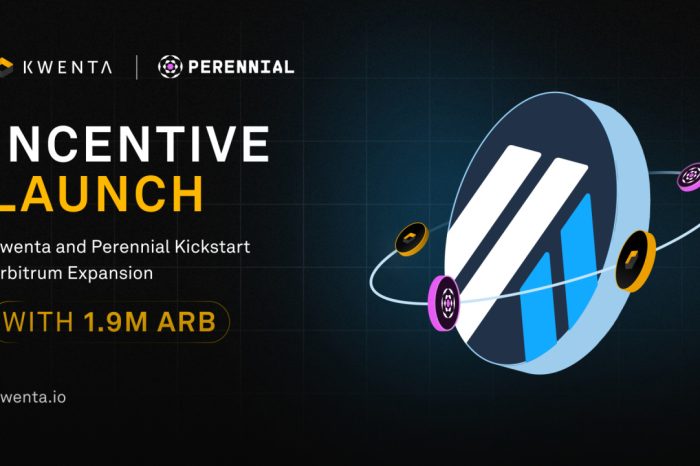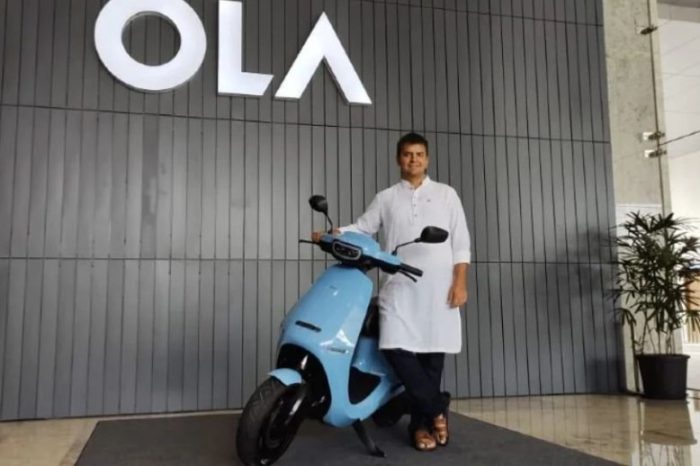British self-driving tech startup Wayve has raised $1.05 billion in a Series C funding round to accelerate the advancement of autonomous mobility and the launch of production-ready vehicles equipped with its Embodied AI for automated driving.
The integration of Embodied AI into vehicles and robots will completely change how machines engage with and “learn from human behavior in real-world environments.”
The latest round, which brings the company’s total funding to a little over $1.3 billion, was led by SoftBank Group, with participation from Nvidia as a new investor, and existing investor Microsoft. The round also represents the largest investment of any UK-based artificial intelligence technology startup.
Wayve was founded in 2017 by a team of Cambridge University engineering department researchers. The team has developed an AI smart enough to learn how to drive a car by using just a computer and one camera, in about 20 minutes. Unlike other autonomous cars from bigger companies relying on custom-built hardware for their autonomous vehicles, Wayve made its own with only reinforcement learning as the foundation.

Embodied AI stands at the forefront of AI evolution, surpassing previous milestones set by Generative AI and large language models. Its integration into vehicles and robots heralds a transformative era in machine-human interactions within real-world settings. This groundbreaking innovation promises to revolutionize the usability and safety of autonomous driving systems, equipping them with the cognitive capabilities needed to adeptly navigate unpredictable scenarios, including unforeseen actions by drivers, pedestrians, or environmental factors.
Commenting on the funding, British Prime Minister Rishi Sunak hailed the funding round as “a testament to our leadership in this industry, and that our plan for the (UK) economy is working.”
Currently integrated into six vehicle platforms, including electric vehicles like the Jaguar I-PACE and Ford Mustang MachE, Wayve’s technology forms an integral part of advanced driver assistance systems (ADAS). With ongoing advancements in self-driving technology, Wayve pledges to upgrade its AI through over-the-air software updates continuously.

Despite the progress made by Wayve and its counterparts, the challenge of developing truly autonomous vehicles has proven more formidable than initially anticipated. One of the key hurdles lies in replicating human-like predictive and risk-assessment capabilities, particularly in unpredictable scenarios or “edge cases.”
Alex Kendall, Co-founder and CEO of Wayve said, “At Wayve, our vision is to develop autonomous technology that not only becomes a reality in millions of vehicles but also earns people’s trust by seamlessly integrating into their everyday lives to unlock extraordinary value. This significant funding milestone highlights our team’s unwavering conviction that Embodied AI will address the long-standing challenges the industry has faced in scaling this technology to everyone, everywhere.
Our collaboration with SoftBank, NVIDIA, and Microsoft will help advance our mission to redefine driving with AI at the core. This investment will enable us to develop and launch our first Embodied AI products for the automotive industry, empowering OEMs to provide consumers with trustworthy and beneficial automated driving experiences.”
President of Wayve, Erez Dagan, told Reuters that the company’s technology is engineered to generalize driving knowledge across various scenarios, leveraging AI’s raw power to surpass conventional human programming. This approach, Dagan asserts, enables their Embodied AI system to adeptly handle edge cases, learning from both real-world and synthetic data.
Wayve’s technology is “built to generalize its driving knowledge from one scenario to another… because it’s nearly impossible to imagine every situation that a self-driving car needs to reliably handle,” Dagan said.
“By leveraging the raw power of AI, we can build an Embodied AI system that’s learned from real-world and synthetic data how to handle edge cases at a rate that surpasses human programming,” he added.
Two years ago, we covered Wayve after it partnered with Microsoft to use the company’s ‘supercomputer muscle’ to process the vast amounts of data generated by autonomous vehicles. With autonomous vehicles generating up to 40 terabytes of data per hour, equivalent to an iPhone’s data usage over 3,000 years, Wayve’s partnership with Microsoft underscores its commitment to leveraging cutting-edge computational resources in reshaping the future of mobility.










